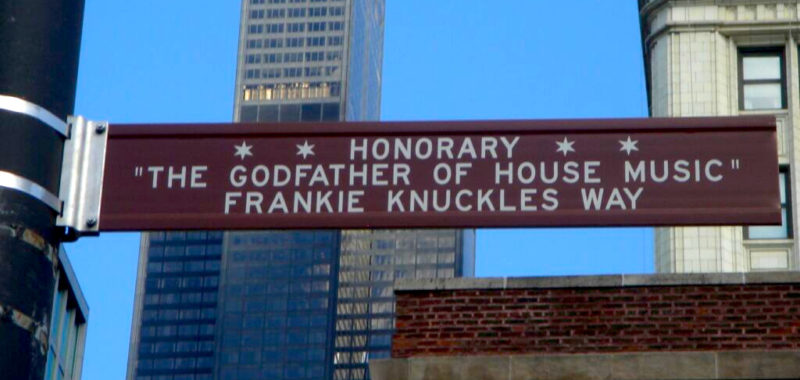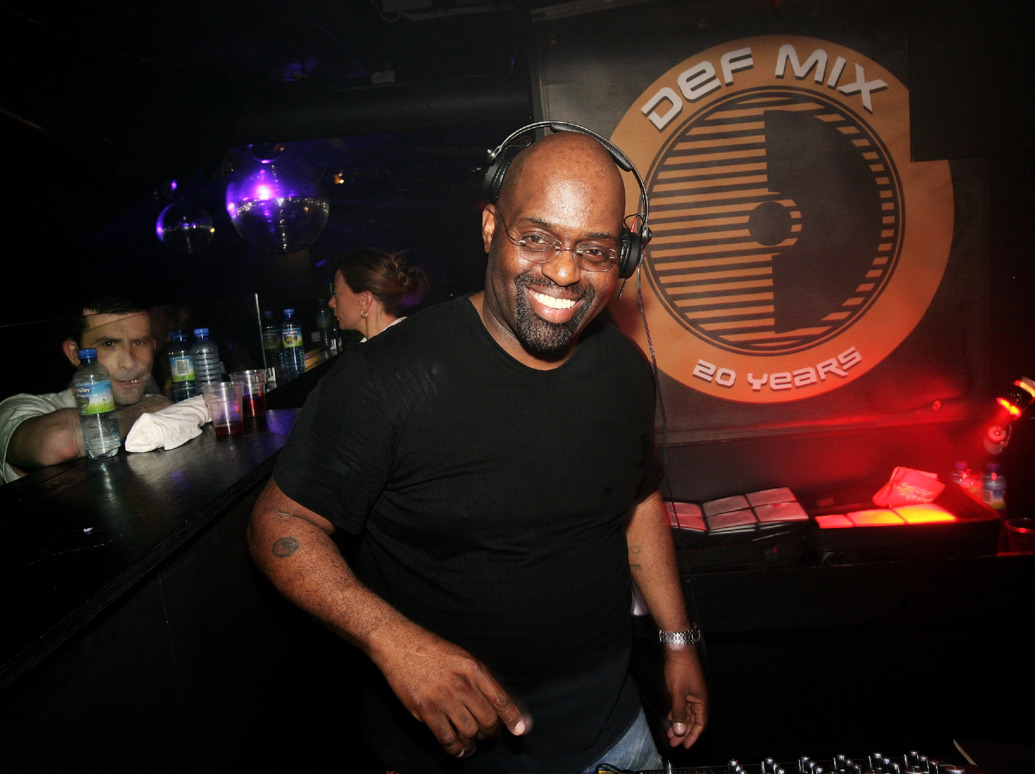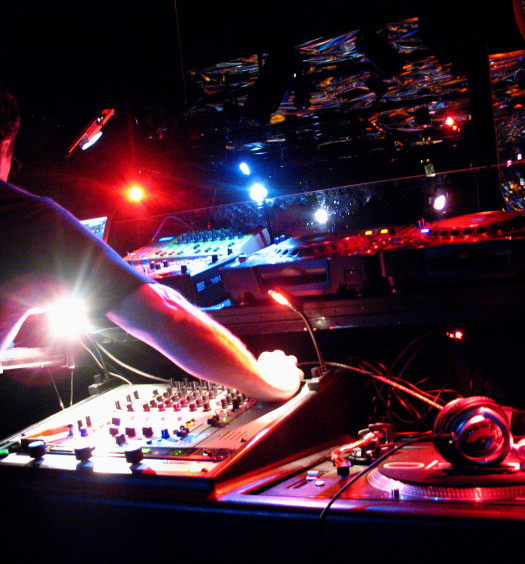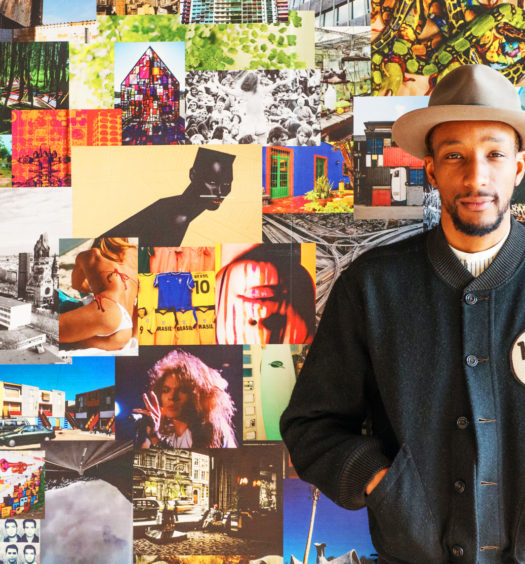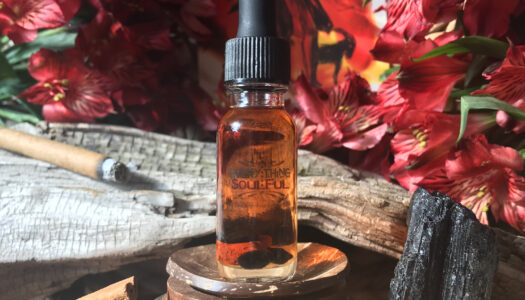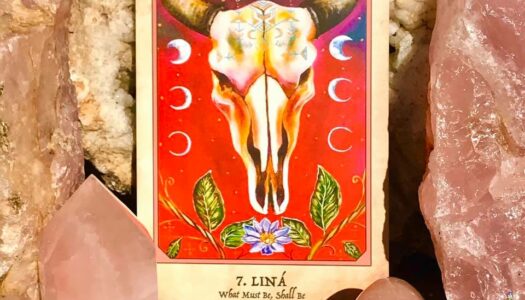TV One’s docuseries takes an ambitious approach to telling the larger story of this unheralded black musical genre from the South Side of Chicago and the man who fostered it.
The following is an article written by:
TV One’s Unsung: Frankie Knuckles and the Roots of House is an unexpected surprise. Unlike previous Unsung episodes, this one is extremely ambitious. Using Frankie Knuckles—the universally recognized “Godfather of House Music” who is perhaps best known for “The Whistle Song”—as its anchor, Unsung dares to tell the larger story of this unheralded black musical genre from the South Side of Chicago. It’s a challenging undertaking that hits both highs and lows.
Frankie Knuckles fans will, of course, be pleased to see the beloved music leader finally get some mainstream acknowledgment. They will no doubt appreciate the brief backstory of his journey during the era of New York City’s Paradise Garage, where he delighted crowds along with fellow DJ and friend Larry Levan (who is overdue for an Unsung of his own), to Chicago’s legendary Warehouse, widely recognized as the birthplace of house music. Fans might, however, wince at how the larger story of house music’s creation overshadows Knuckles himself.
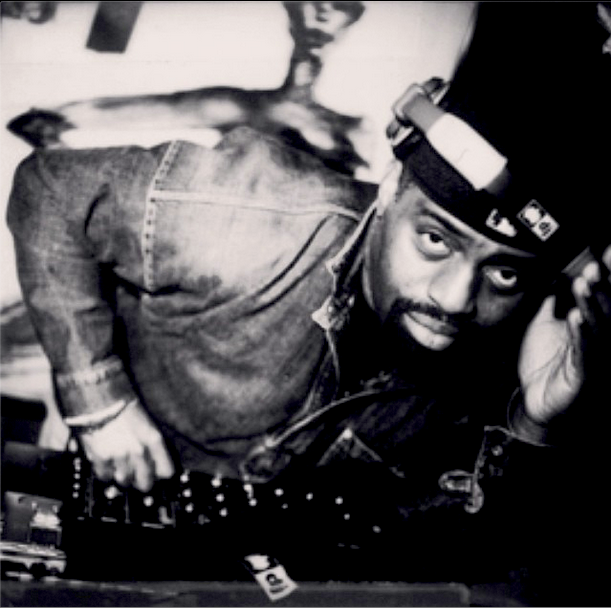
Homegrown Chicago house heads might have a different take. Most will be delighted, of course, that the soundtrack of their youth is finally getting some national love, while younger house devotees should appreciate the history lesson. Chicago house is definitely represented through Jesse Saunders, Wayne Williams, Steve “Silk” Hurley, Marshall Jefferson, Jamie Principle, Alan King and Farley “Jackmaster” Funk, who are unknown to most outside the Windy City and house circles but widely revered.
Saunders, Williams and King are part of the crew that hosts perhaps the largest annual gathering of black house heads, the Chosen Few Picnic, held every July 4 weekend. Rain or shine, it attracts black house lovers in the range of 50,000 and has been percolating for over 25 years now.
This Unsung is a primer for sure, highlighting house music’s disco roots and tracking some of its major breakthroughs, like Saunders’ “On and On,” Principle’s “Your Love,” Larry “Mr. Fingers” Heard’s “Can You Feel It?”, Hurley’s “Jack Your Body” and, of course, the house music anthem, Jefferson’s “Move Your Body.” DJs will appreciate the brief insight into how these cuts were created from a technical perspective, while others will respond to the broader inspirational narratives.
The black LGBT community might breathe a collective sigh of “finally” after seeing their enormous contributions officially acknowledged, since they were among the first to believe in this transcendent genre. Other viewers may find it eye-opening that so many straight black people are lifelong house heads. Hopefully, the beauty of seeing straight and gay members of the black community partying in harmony will also resonate.
House music is not techno or EDM, with which it is often confused, and that point is made loud and clear.
“House music is love. House music is a sound and it’s a spirit,” offers house pioneer Wayne Williams. It is unequivocally black music and, like hip-hop, also began developing in the late 1970s, coming of age in the 1980s and 1990s. Both also owe a debt to disco and soul music. Surprisingly, house, like hip-hop, was largely male-driven. Today, both are revered globally; one is just more visibly mainstream.
Few can deny that, when it comes to house music, Frankie Knuckles was one of the big reasons house became so infectious in Chicago, and he was among its earlier champions. “He’s the greatest part of our genre. He’s the one that we get all our inspiration from,” according to Saunders.
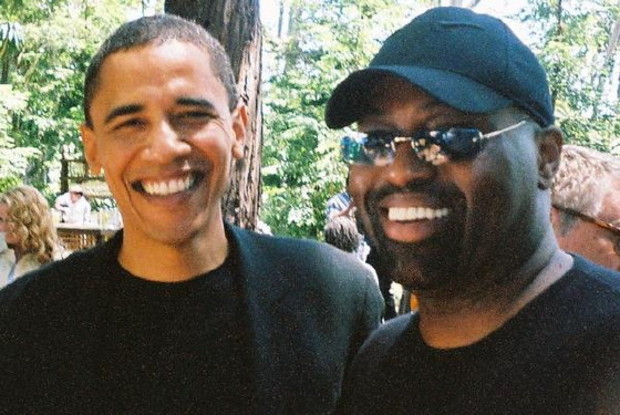
To Unsung’s credit, we do see the late, great Frankie Knuckles, primarily through a 2012 interview. We also know that our outgoing president, Barack Obama, was among his many fans, even using his clout as a senator and later president to support Knuckles and house music in general. Is there enough of Frankie Knuckles for his many fans? Absolutely not. His death in 2014 reached far and wide, yet it’s hard to fathom that Frankie Knuckles fans will feel that this Unsung pays his passing enough reverence.
